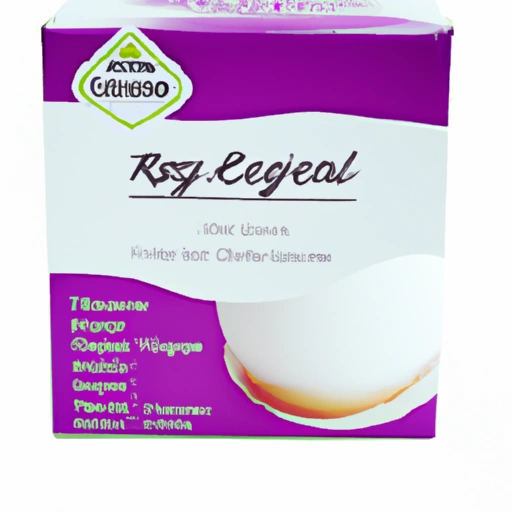Egg Replacer
Description

Egg replacer is a culinary ingredient used as a substitute for eggs in various recipes, particularly in baking. It is designed to mimic the binding or leavening properties of eggs, making it a crucial component for those following a vegan diet or with allergies to eggs. Egg replacers are available in different forms, including powders, liquids, and homemade mixtures, and can be made from various ingredients such as starches, tofu, flaxseeds, or commercial blends. They are measured in grams, ounces, tablespoons, or teaspoons, catering to both metric (g) and imperial (oz, tbsp, tsp) units, which are commonly used in American and European recipes.
Common uses
Egg replacers are most commonly used in baking where eggs are required for binding or leavening. They can also serve as a thickening agent in sauces and custards or as a binder in patties and meatless balls.
Nutritional value
Calories
Varies depending on the type of egg replacer; some are low-calorie, while others may have a calorie count similar to that of eggs.
Protein
Protein content can range from low to moderate, with some made from protein-rich ingredients like chickpea flour or tofu.
Fat
Often lower in fat than eggs, although some may contain added oils to improve texture and mouthfeel.
Carbohydrates
May be higher in carbohydrates, especially those made from starches or flours.
Vitamins
Some commercial egg replacers are fortified with vitamins typically found in eggs, like B12 and D.
Minerals
May contain minerals such as calcium or iron, depending on the ingredients used.
Health benefits
Egg replacers can be beneficial for those looking to lower their cholesterol intake or avoid animal products. They are also ideal for individuals with egg allergies or intolerances.
Potential risks
Some egg replacers may contain additives or allergens like gluten or soy, which could pose risks for sensitive individuals. It's important to read labels and choose a product that meets your dietary needs.
Common recipes
Used in a variety of recipes including cakes, cookies, muffins, pancakes, and breads. They can also be found in vegan quiches and scrambles.
Cooking methods
The cooking methods remain largely the same as with traditional egg-containing recipes, with adjustments in moisture and cooking times as needed.
Pairing with other ingredients
Egg replacers pair well with other vegan ingredients and can be used alongside non-dairy milks, gluten-free flours, and natural sweeteners.
Summary
Egg replacers are a versatile and essential ingredient for many, from vegans to those with egg allergies. They offer a range of benefits and can be used in an array of recipes. When choosing an egg replacer, consider your nutritional requirements, potential allergies, and the desired outcome of your dish.